Gen Alpha’s Early Fascination with Makeup and Skincare Signals a Notable Shift Towards Advanced Beauty Knowledge from Previous Generations.
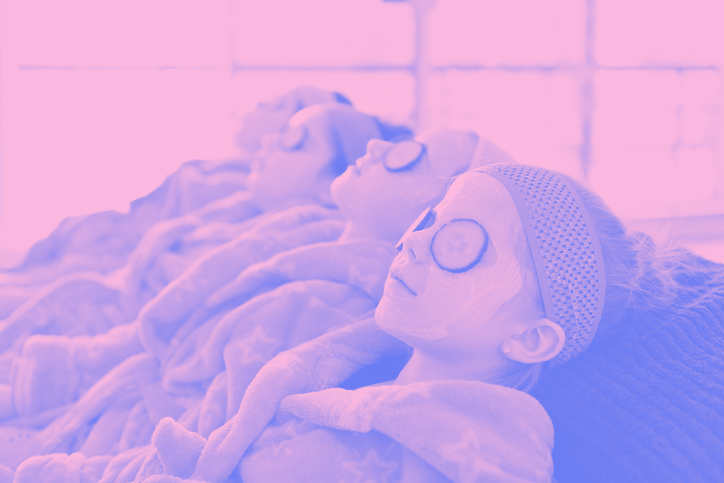
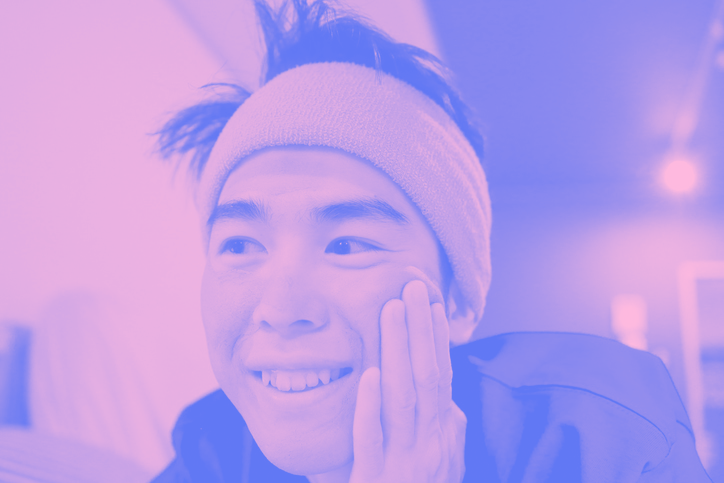
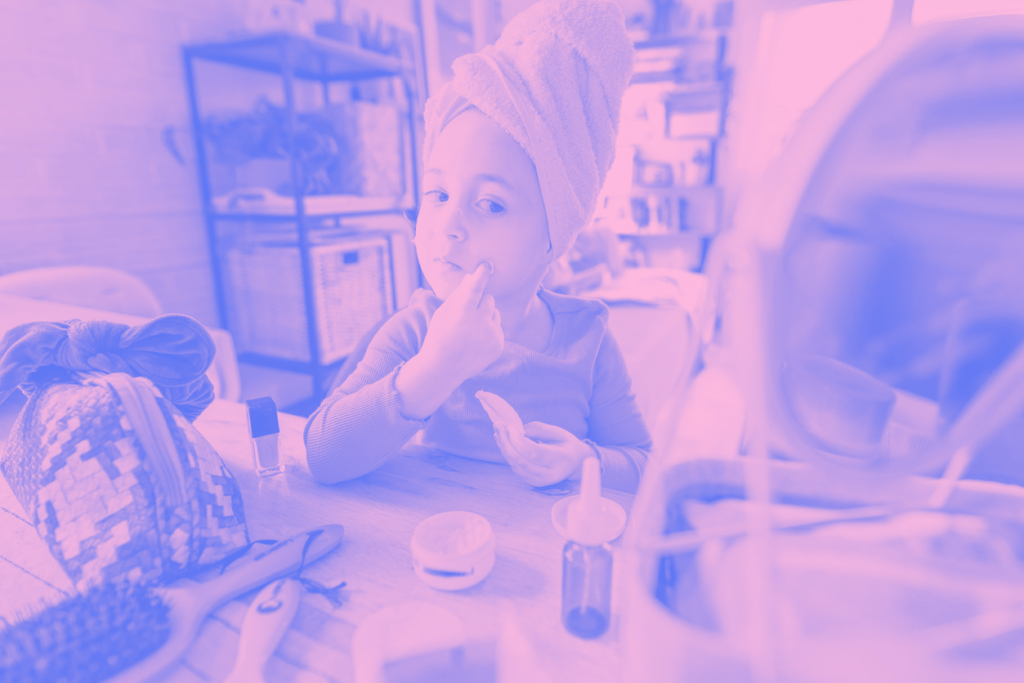
AUTHOR

ISABELLA D’ANTONIO
Senior Research Executive
Gen Alpha Impact
To learn more about my research into Gen Alpha, please get in touch.

In the dynamic landscape of the beauty industry, a new generation of consumers is emerging, and with it comes a golden opportunity for brands to become the heroes of this evolving narrative. This new wave of tweens and teens, known as Generation Alpha is quickly becoming a sophisticated customer segment, armed with extensive knowledge and experience of beauty products. However, caution must be taken with this young, impressionable segment to foster positive relationships with beauty.
Every week, T garage engages with brands and consumers about trending cultural shifts, a finger on the pulse in addition to our thought leadership programs Culture Cast and Gen Alpha. In this paper, we spotlight our Gen Alpha Beauty Masters – the Sephora Babies. We delve into insights from discussions with 250 Generation Alpha parents earlier this year. We cover skincare & makeup habits, their influence on beauty purchases and observed shifts to when these parents were first exposed to cosmetics themselves.

When reminiscing about our childhood, certain toys or products inevitably emerge as nostalgic symbols depending on when we were born. Baby boomers cherished slinkies and etch-a-sketches, Gen X might remember fondly collecting Cabbage Patch Kids and the first Nintendo games, millennials might recall fighting for the survival of Tamagotchis and practising looks with styling doll heads, while Gen Z accelerated the tech toy trend with their own tablets and iPads while trading Pokémon cards. Whilst Generation Alpha (2010-2024) still gravitates towards timeless favourites like Lego and Barbie, they’re also embracing eye shadow, concealer and lipstick – and not just for an afternoon of play.
When speaking with 300 Gen Alpha parents we found that more than half of kids (56%) use skincare & makeup regularly, with regular skincare use being most prominent (45%). Today’s young consumers are far from amateurs in the realm of beauty: ABC News highlights a 13-year-old who incorporates hyaluronic acid and niacinamide into her routine. This signals a shift from the basic soap bars and Clearasil cleansers of the Millennial parent era. These young individuals are well-versed in beauty products, mastering both their knowledge and application. Smudged eyeliner and lipstick mishaps are a thing of the past; Gen Alphas well and truly know their stuff.
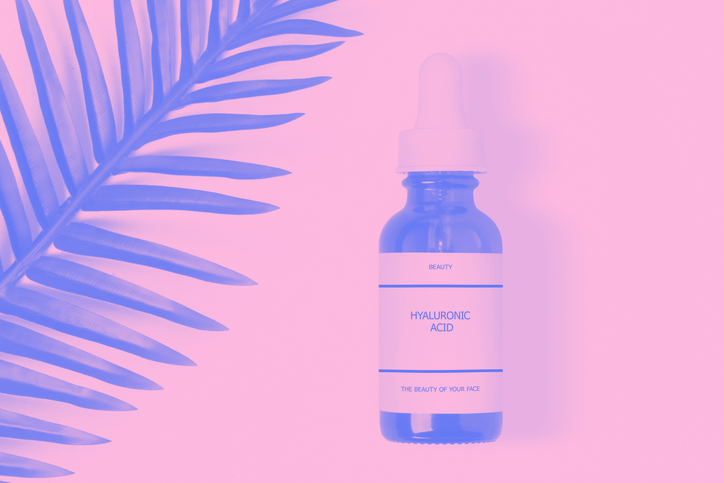
THEN VS. NOW: KEY SHIFTS IN SKINCARE USE FROM THE PARENT PERSPECTIVE
What else, besides increased awareness and knowledge has shifted? We asked 170 parents of Gen Alpha kids who use skincare to tell us how the skincare and makeup routines of their kids have shifted compared to when they were t(w)eens. Here are the most prominent shifts generated from AI based on their responses:
- Increased awareness & knowledge
- Social Media influence driving awareness, shaping perceptions & desires
- Early start on skincare with specialised skin condition products and increased awareness on importance of things like sun safety
- Peer pressure to wear makeup/use skincare early on
- Makeup is still fun, but it’s more of a necessity
- Parental guidance and discussion about skincare at the dinner table or in the bathroom
- Increased product availability and variety catering to different skin types and concerns for teens.
- Focus on nurturing the skin: parents teach their children how to take care of their skin
- Gender inclusivity in skincare.
We’re witnessing a significant shift – from merely satisfying functional needs to a world where skincare offers Gen Alpha a sensorial experience. It allows them to explore various textures and sensations, express their creativity and identity and engage in proactive self-care every day.
WHERE IS THE OBSESSION STEMMING FROM?
This emerging trend can be largely attributed to social media. Platforms like TikTok, Instagram, and YouTube are goldmines for makeup tutorials, back-to-school looks, product reviews and skincare tips targeted at teens. Influencer culture – more specifically ‘Skin-fluencers’ are fuelling the fire, providing detailed content about skincare routines, product ingredients and benefits. Teens and tweens have access to a wealth of beauty knowledge and trends at their fingertips.
In terms of brands they’re loving, Oh Flossy caters to the sustainable Alphas, while Bubble Skincare, a teen influencer-approved brand, offers science-backed, affordable solutions. MCoBeauty, though not specifically for teens, has become popular with young customers for its affordable ‘dupes’ of cult favourite products. Young celebrities are also launching successful beauty brands targeted at their very young, impressionable audiences. For example, actress Millie Bobby Brown’s teen makeup brand Florence by Mills, has generated more than 100% year-on-year sales growth via TikTok since their launch in 2019.
THE RISE OF SEPHORA BABIES
As we’ve established, teens & tweens these days take their makeup and skincare very seriously, so much so that the trend of ‘Sephora Babies’ went viral on TikTok. The term describes the new phenomenon of tweens adopting adult skincare and makeup regimens. Alphas are taking over beauty stores to buy expensive products like serums, retinol and anti-ageing products.
“My daughter saw the Drunk Elephant products on TikTok and usually I will say no to expensive products like that for a teenie, however it was her birthday so she got them as a gift & I purchased them in store from Sephora.” (quote from SaySo)
However, it’s no surprise these products are ending up in their shopping carts. Generation Alpha wields significant purchasing power within their families, with 69% influencing household spending. This influence is even more pronounced in skincare and makeup, where 96% of 12-15-year-olds and 82% of children under 11 are having a say (see chart).
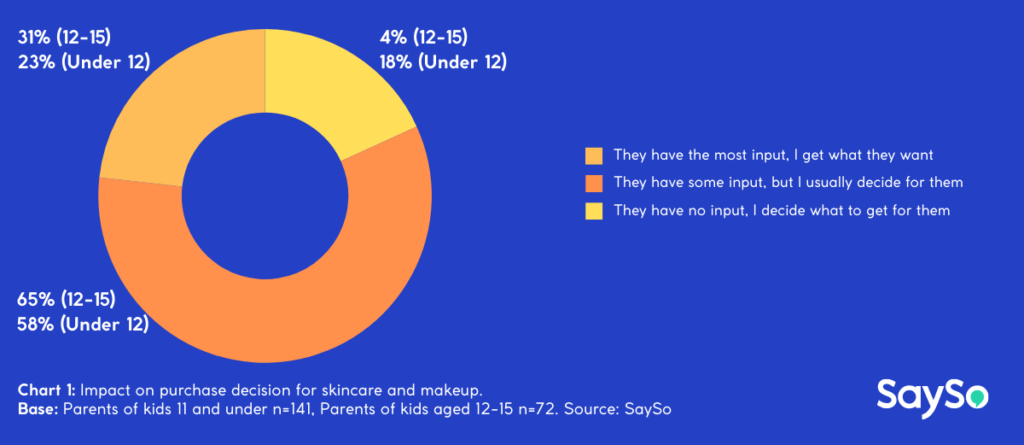
THE IMPORTANCE OF POSITIVE BEAUTY RELATIONSHIPS
However, with great power comes great responsibility. The external pressure on t(w)eens to conform to idealised beauty standards and use products unnecessary for their age and skin is increasing and becoming more pervasive. It’s more important than ever for beauty brands to use their platforms to educate and inspire, helping Gen Alpha cultivate positive relationships with beauty and themselves. It’s also essential for brands to support parents in feeling confident and informed when making purchase decisions for and with their children. As shown in the chart above, the pendulum is swinging more towards children having the most input.
If beauty brands neglect this duty, this leads to grave consequences as the pressure to conform to idealised beauty standards has a direct impact on young women’s body image. Perloff suggests the visual nature of Instagram and Snapchat lead to heightened awareness of appearance and negative self-comparisons, lowering self-esteem. Furthermore, Chandhok notes the global cosmetic industry capitalises on a cycle of body image and self-esteem among women. As women strive to meet idealised standards, they often become prey of the industry. It’s vital for beauty brands to change the narrative and create content that teaches young audiences to embrace the skin they’re in.
We’re already seeing leading global brands take active steps against the Alpha beauty movement. Kiehl’s recently launched an advertising campaign containing a series of visuals, reminding everyone to let kids be kids. One of the images features a young girl enjoying an ice cream, with the tagline ‘The only anti-ageing cream kids should buy’. Additionally, L’Oreal has committed to not intentionally promote or target any advertising to children under 16 years old, in line with their Responsible Advertising & Marketing Communications Policy.
The beauty industry is booming and shows no signs of slowing down. According to Statista, the global market is expected to generate $670.8 billion in revenue by 2024, growing at an annual rate of 3.33%. This growth offers beauty brands a prime opportunity to position themselves as leaders and innovators, not just financially but also from a broader societal and cultural standpoint. Beauty brands have a duty to guide Generation Alpha towards a more empowered relationship with beauty, emphasising self-confidence, acceptance and the recognition of inner beauty.
